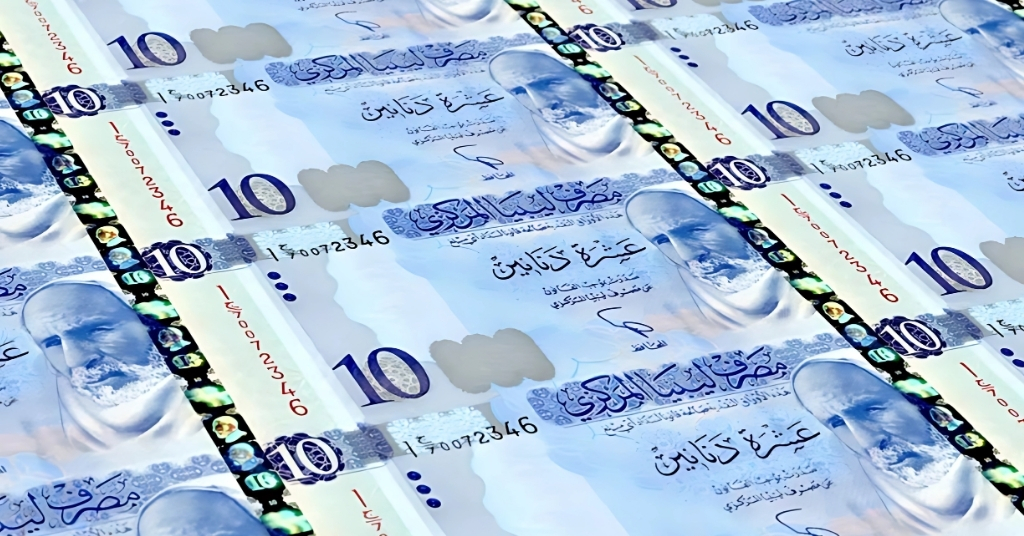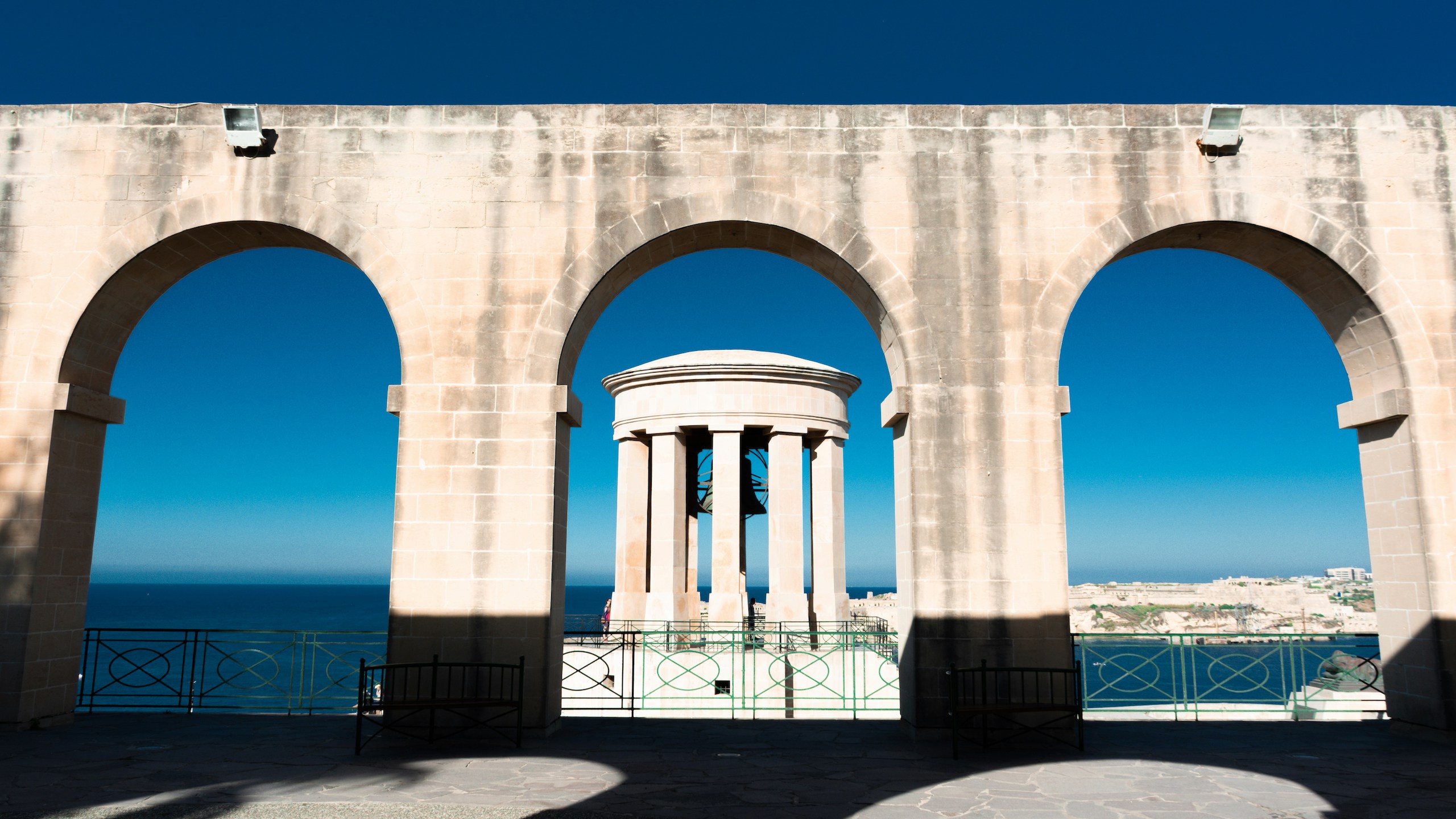
- Home
- »
- Doing Business in Libya
- »
- Foreign Investment & Trade
Foreign Investment & Trade
Libya is encouraging investment opportunities to foreign firms and making serious reforms to make the business environment more attractive for foreign investors.

Foreign Investment & Trade
INVESTMENT INCENTIVES
- Libya offers encouraging investment opportunities to foreign firms and participates in serious reforms to make its business environment more attractive to foreign investors.
- The government passed the Foreign Investment Law 9 of 2010 (previously Law 5 of 1997) and the Free Trade Act in 1999. The Free Trade Act in 1999 includes tax incentives and allows for the transfering of project ownership, the re-export of employed capital, and the hiring of foreign workers, while also creating a specialized agency to promote and supervise the law.
- As for the Free Trade Act, it enables the establishment of offshore free-trade zones in order to enhance exports, revenue, training, and technology in land, water, energy, telecommunications, and manufacturing facilities.
The Libyan government has promulgated Investment Promotion Law No. 9/2010 to encourage the investment of foreign capital. This Law aims at attracting foreign capital within the country’s framework of the general policy and the objectives of economic and social development, particularly to:
- Assist the transfer of modern technology;
- Build up Libyan technical frameworks;
- Accelerate the diversification of income sources;
- Encourage the development of national products to infuse these into the internal markets;
- Achieve regional development.
The law is applicable to the investment of foreign capital emanating from foreign sources and from foreign capital owned by Libyan Arab citizens. Investment is being targeted in the following areas:
- Industry;
- Health;
- Tourism;
- Services;
- Agriculture.
TAXATION POLICY
The taxation policy for projects under Law No. 9/2010 is as follows:
- Income tax exemption for the first five years from the start date, extendable for an additional three years. Any losses during the exemption period can be carried forward.
- Exemption from stamp duty on commercial contracts and documents, but not on fees for services like port, storage, and handling.
CUSTOM DUTIES
- Libya decided to remove customs duty on more than 3500 commodities imported into the country with the exception of 81 items starting from the 1st August 2005.
- This is aimed at liberalizing trade together with protecting local products.
- Goods that will not be exempted from customs duty are luxurious cars or others that compete with locally assembled items including refrigerators, TV sets, and agricultural items.
THE LIBYAN FOREIGN INVESTMENT BOARD (L.F.I.B.)
- It processes applications under the incentives package scheme and acts as a liaison between investors and the government.
- The L.F.I.B. provides full information to promoters that wish to consider investment in Libya.
- Both the initial inquiries and subsequent applications for the setting up of these projects are processed by the L.F.I.B.
FREE ZONES
- The Government promulgated Law No. 9 of 1430 (2000 A.D) which is effective from 1st March 2000 for organizing transit & free zones.
- This was done to promote the transit trade and various manufacturing or processing operations that change the condition of goods or their preparation as required for exchange and market.
- It also includes the provision of banking, insurance, investment services, and other services of all kinds.
- The Free Zones are exempted from tax, customs, commercial and monetary restrictions for all those investing therein and achieving the purposes of the Free Zones.
- Home
- »
- Doing Business in Libya
- »
- Foreign Investment & Trade
recent insights
© 2024 – Ahmed Ghattour & Co , All rights reserved
